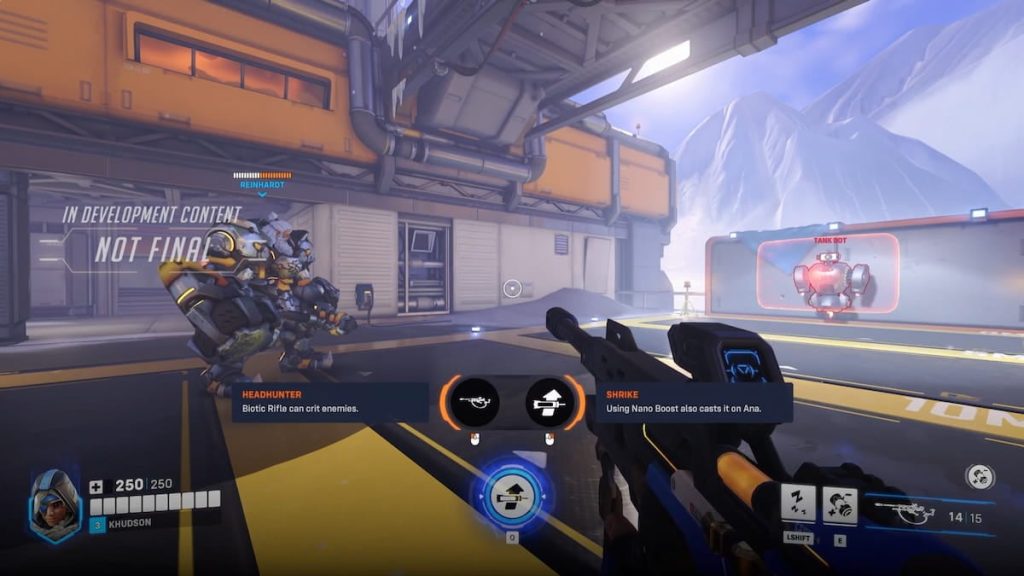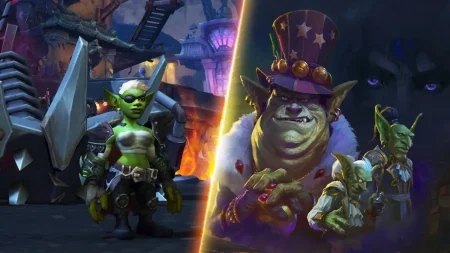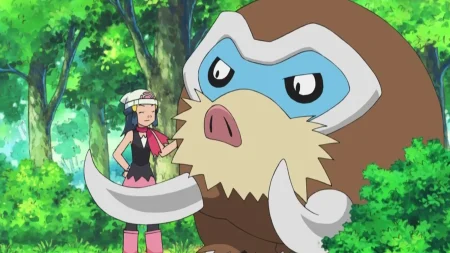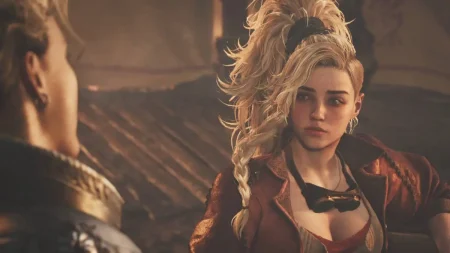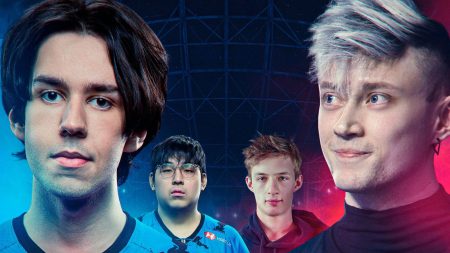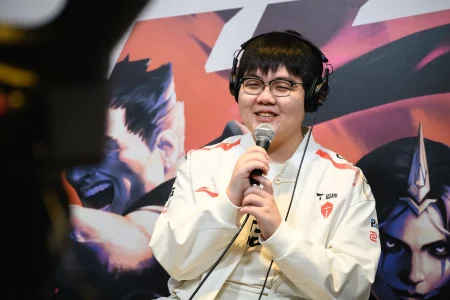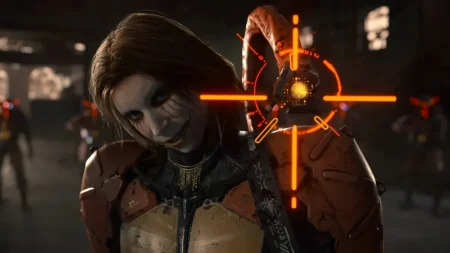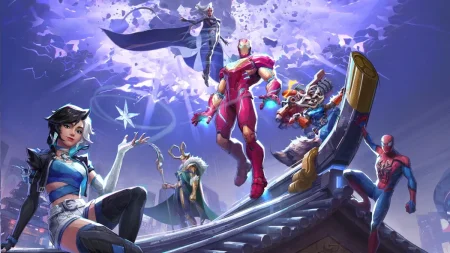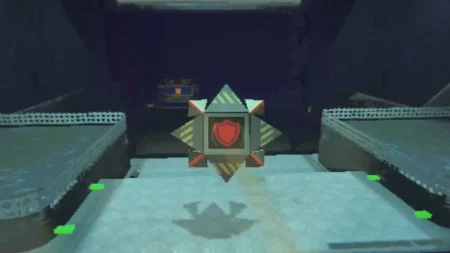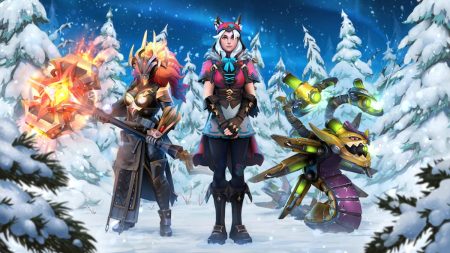Overwatch 2’s New Perks System: A Game-Changer or Overkill?
Overwatch 2 is set to revolutionize the game with the introduction of its new Perks system, debuting in season 15. This system adds hero-specific upgrades that players can unlock during a match by earning experience points (XP), allowing them to pick one Minor and one Major Perk. While the concept of Perks is not entirely new to the gaming world—MOBAs like League of Legends and Dota 2 have similar mechanics—implementing it in Overwatch 2, with its extensive roster of 43 heroes, could significantly alter the game’s dynamics.
A Massive Array of Perks
At the outset of season 15, Overwatch 2 will offer four Perks for each hero, totaling an impressive 172 Perks. Many of these upgrades sound both fun and innovative. For instance, D.Va’s Major Perk, Shield System, will convert 150 of her health into shields, which can be restored by her Defense Matrix for 25 percent of the absorbed damage. This combination, along with a healer supporting her, could make D.Va an almost impenetrable force on the battlefield, capable of restoring both her health and shields while maintaining a short cooldown on her movement ability. The potential for this hero to become overpowered is evident, and it raises concerns about the game’s balance.
Reinventing the Tank Role
My personal favorite hero, Reinhardt, also receives intriguing Perks. While using his shield, Reinhardt can now benefit from a Minor Perk that allows health regen to trigger 50 percent faster, paired with a Major Perk that enables him to damage and knock back enemies simultaneously. Even as a player who sometimes struggles with Reinhardt’s hammer, these enhancements seem significant. The ability to regenerate health faster and deal damage while protecting his team can make Reinhardt a formidable presence on the front lines, potentially overshadowing other tank heroes.
Enhancing DPS Heroes
The Perks system also brings exciting changes for DPS heroes. Bastion, for example, can gain 300 temporary overhealth and regain his old self-healing ability, making him a more resilient and versatile damage dealer. Genji’s Perks include lifesteal on his ultimate and health regeneration while his Deflect ability is active, enhancing his survivability and damage output. Reaper, known for his deadly Wraith form, can now restore health with Soul Globes and enjoy a 40-percent boost to lifesteal when exiting this form. These upgrades not only make DPS heroes more powerful but also introduce new strategic layers to their playstyles.
Concerns from the Backline
Ana, a key support hero, has Perks that are particularly concerning from the backline. She can now use a Biotic Grenade that bounces and explodes twice, along with the ability to score critical hits with her rifle. Given Ana’s already potent healing and damage reduction capabilities, these Perks could make her even harder to counter, potentially turning her into a game-defining threat. The backline, traditionally a more vulnerable position, may now find itself even more exposed and powerful. While these Perks sound promising, they also introduce a level of complexity and power that could disrupt the game’s balance.
Balancing the Scale
The introduction of Perks is a double-edged sword. On one hand, it promises to make the game feel fresh and engaging, adding new layers of strategy and variety. On the other hand, it introduces a daunting challenge in terms of balancing. Some existing hero abilities may need to be adjusted to compensate for the added power of Perks, and the Perks themselves may require frequent tweaking to ensure no single hero becomes overwhelmingly dominant. It’s a complex task, but Blizzard has a history of addressing balance issues, and I have faith they will manage to keep the game fair and enjoyable.
Rekindling Interest and the Importance of Quick Fixes
Overall, the Perks system announced during the OW2 Spotlight has the potential to reignite interest in Overwatch 2. The game has seen a decline in player engagement, and this new mechanic could bring back those who have been on the fence or even those who have taken extended breaks. However, it’s crucial for Blizzard to address any issues that arise quickly. A slow response to balance problems could frustrate returning players and drive them away, perhaps back to other games like Marvel Rivals. While I’m excited about the possibilities, I remain cautiously optimistic, trusting that Blizzard will navigate this new terrain with the expertise and care that has defined their development process.

